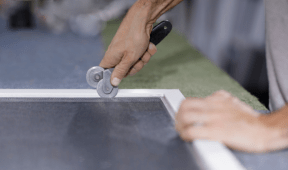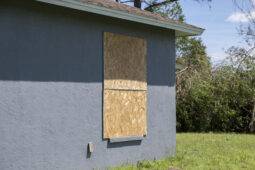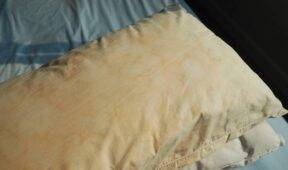Effective DIY Mosquito Repellent Solutions for a Pest-Free Yard
Mosquitoes can turn a delightful evening in your yard into an itchy nightmare. These tiny pests are not only annoying but can also pose significant health risks, transmitting diseases such as West Nile Virus, Zika, and malaria. While commercial repellents and insecticides are available, many people prefer natural, DIY solutions that are eco-friendly and safe for pets and children.
Creating your own mosquito repellent for the yard can be both effective and satisfying. This guide will walk you through different methods and ingredients to keep those pesky mosquitoes at bay, allowing you to enjoy your outdoor space in peace. From essential oils to homemade traps and natural plant barriers to proper yard maintenance, we’ll cover everything you need to know to create a mosquito-free haven.
Understanding Mosquitoes: Why They Invade Your Yard
Before diving into the DIY solutions, it’s important to understand why mosquitoes are attracted to your yard in the first place. Mosquitoes are primarily drawn to standing water, where they lay their eggs. Even small amounts of water in flower pots, bird baths, or clogged gutters can become breeding grounds.
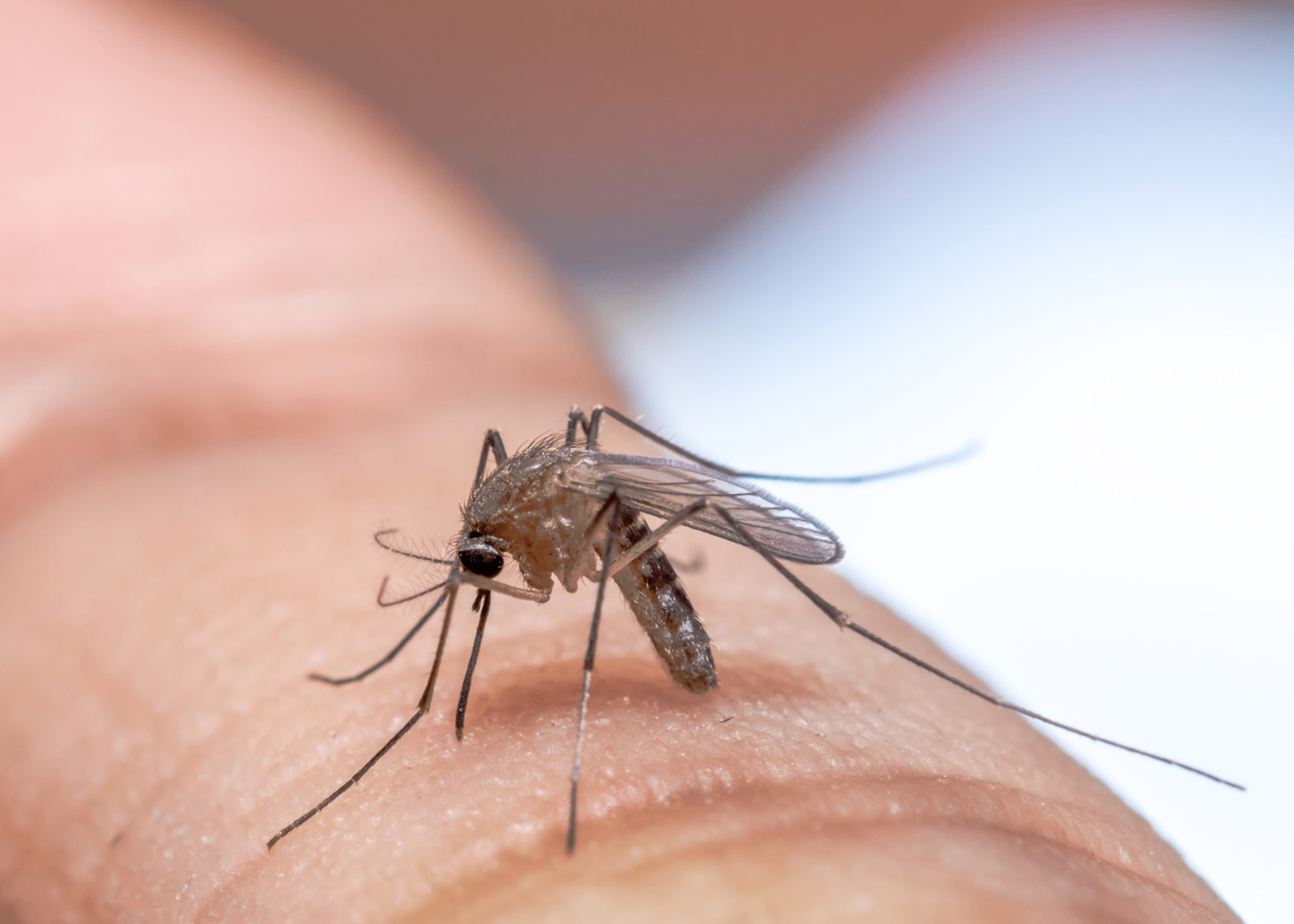
They are attracted to carbon dioxide, which humans and animals exhale, and can sense body heat and sweat from a considerable distance. Knowing these factors helps you effectively target the root causes of mosquito infestations.
Essential Oils: Nature’s Potent Repellents
Essential oils are powerful natural repellents that can be used to deter mosquitoes. Oils like citronella, eucalyptus, lavender, and tea tree have strong scents that mosquitoes find unappealing.

To create a DIY mosquito spray, mix 10-15 drops of your chosen essential oil with a cup of water and a few drops of dish soap. Shake well and spray around your yard, focusing on areas where mosquitoes are most active. This mixture can also be applied to your skin, but always do a patch test to ensure you don’t have an allergic reaction.
Homemade Mosquito Traps: Catch and Control
Homemade mosquito traps can significantly reduce the number of mosquitoes in your yard. One popular method involves using a plastic bottle, cut in half, with the top inverted to create a funnel.
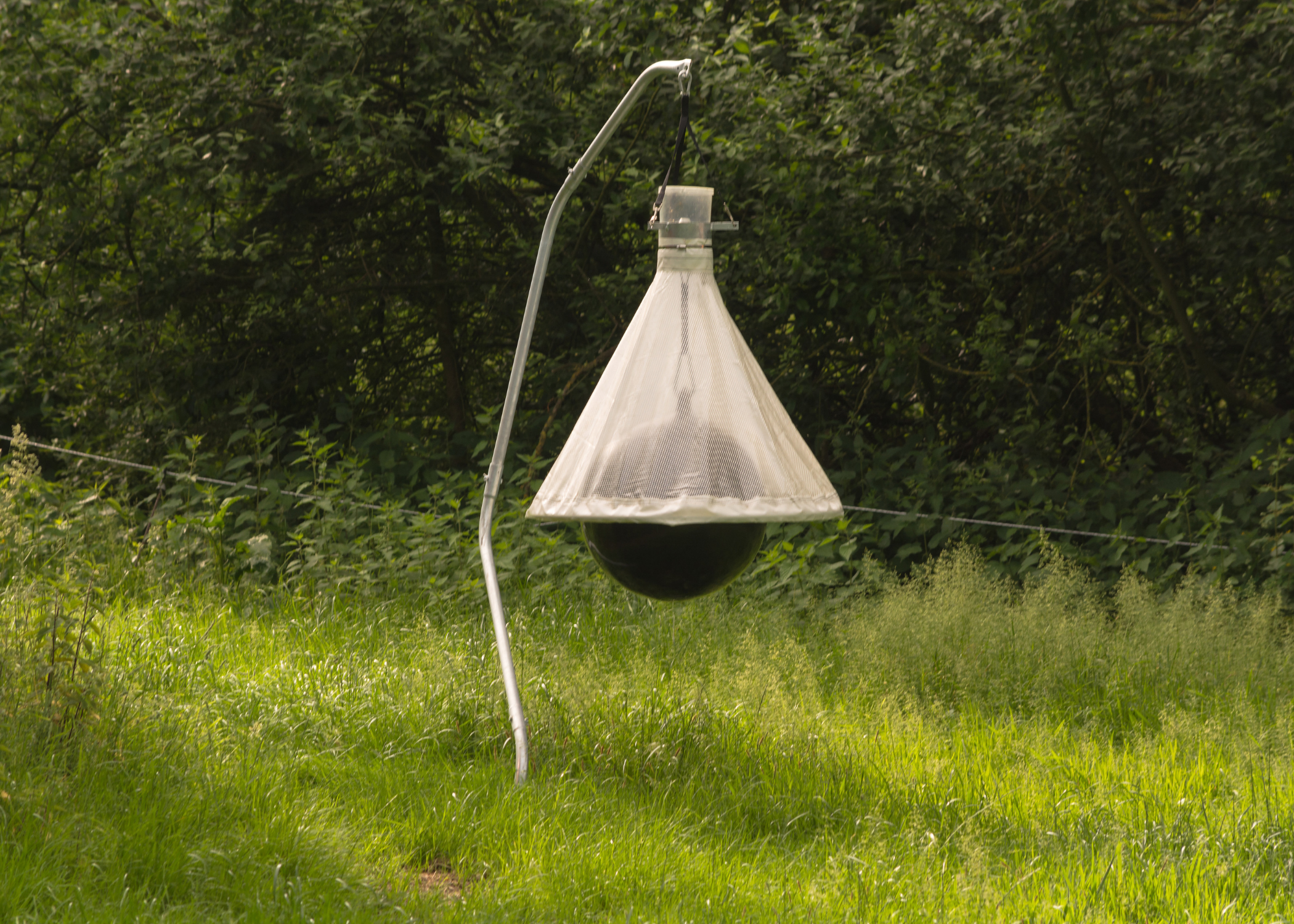
Fill the bottom half with a mixture of brown sugar and yeast in water, which emits carbon dioxide, luring mosquitoes into the trap. Once inside, they are unable to escape and eventually drown. Place several of these traps around your yard, particularly in shaded areas where mosquitoes like to hide.
Plant-Based Barriers: Green Solutions to Mosquito Problems
Certain plants naturally repel mosquitoes and can be strategically placed around your yard to create a barrier. Plants such as marigolds, basil, lemon balm, and catnip emit scents that mosquitoes dislike.
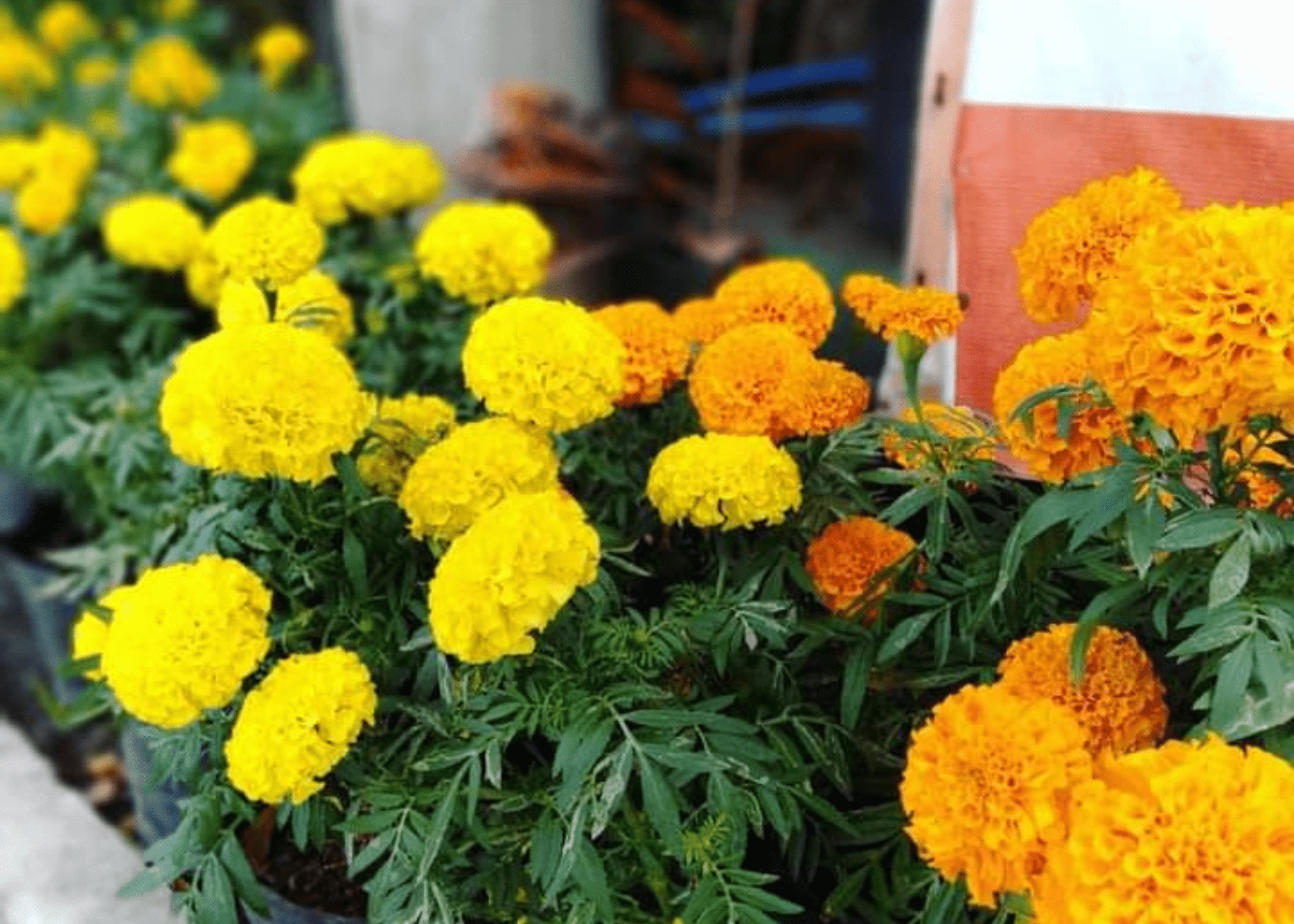
Incorporate these plants into your garden beds, pots or even as part of a decorative landscape design. Not only do these plants help keep mosquitoes away, but they also add beauty and fragrance to your outdoor space.
Yard Maintenance: Keeping Mosquitoes at Bay
Proper yard maintenance is crucial in preventing mosquito infestations. Mow your lawn regularly, trim hedges, and remove any debris where mosquitoes can hide.
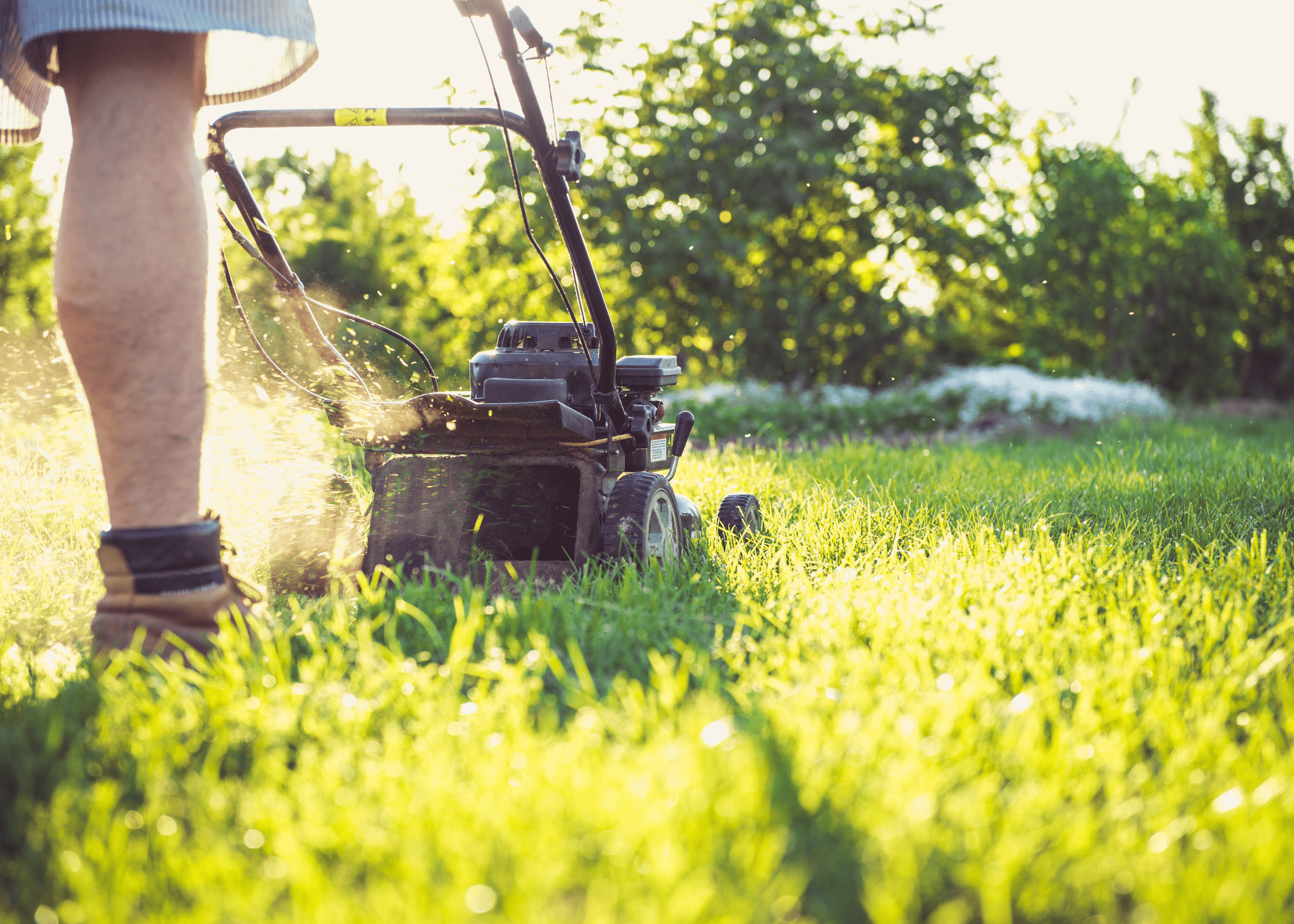
Ensure that your yard is well-drained and that there is no standing water. Clean gutters, fix leaky faucets, and keep bird baths and pet water bowls fresh. By eliminating potential breeding sites, you make your yard less attractive to mosquitoes.
Natural Repellent Recipes: Safe and Effective Solutions
Creating your own mosquito repellent is both easy and cost-effective. One popular recipe involves combining witch hazel or rubbing alcohol with essential oils like citronella, eucalyptus, and lavender.
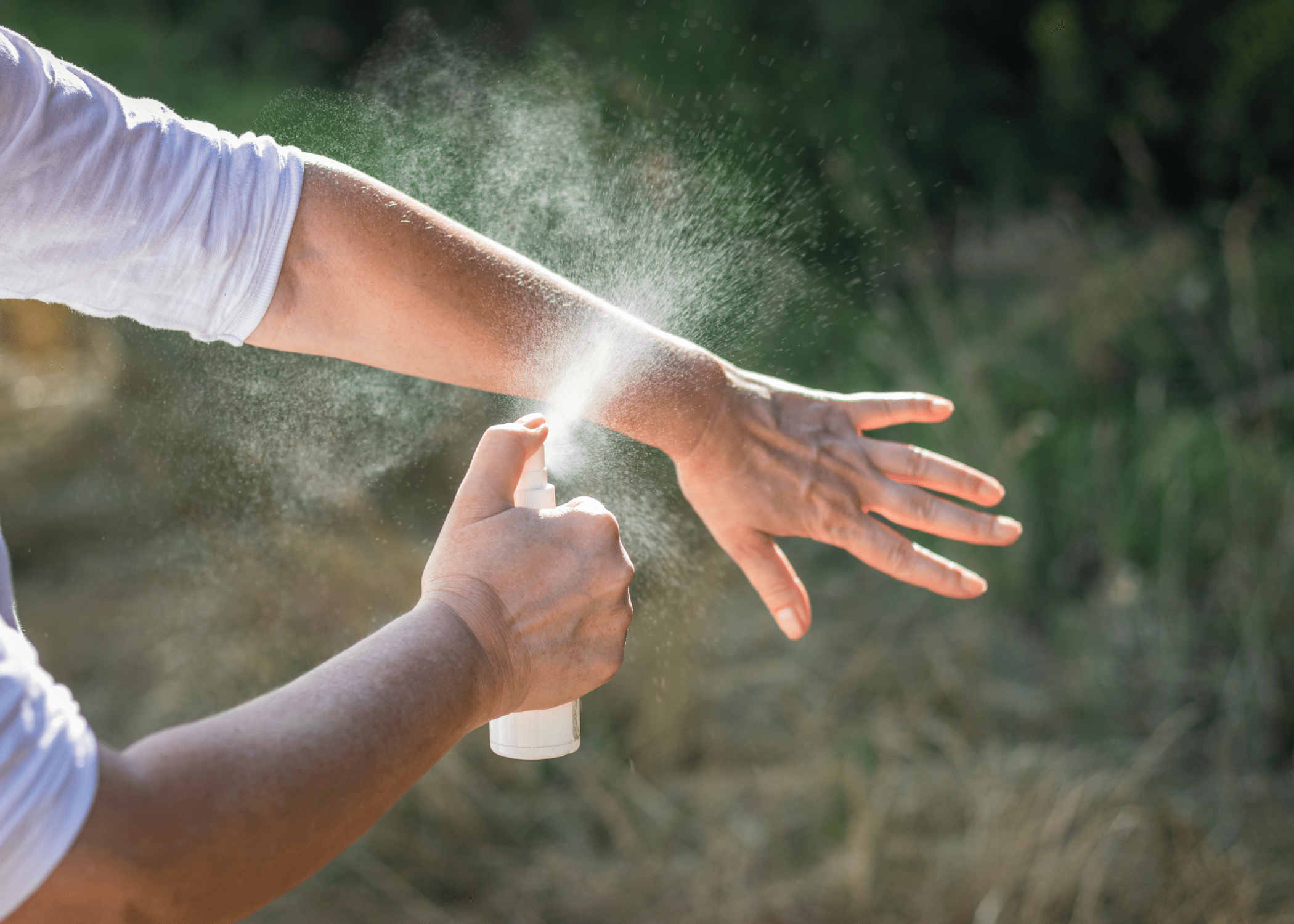
Pour the mixture into a spray bottle and apply it to both your skin and around your yard. Another effective solution is garlic spray, made by blending garlic cloves with mineral oil, letting it sit overnight, and then mixing it with water and liquid soap. Spray this mixture on plants and surfaces where mosquitoes are prevalent.
Evening Precautions: Protecting Yourself During Peak Mosquito Hours
Mosquitoes are most active during dusk and dawn. To protect yourself during these times, use outdoor fans, as mosquitoes are weak fliers and find it difficult to navigate in windy conditions.

Wearing long sleeves and pants can also help minimize exposed skin. Consider installing mosquito netting around seating areas or using citronella candles to create a mosquito-free zone. Taking these precautions will allow you to enjoy your yard without the constant annoyance of mosquito bites.
Related Articles
- 4 Effective DIY Fly Traps to Eliminate Indoor Infestation
- How to Get Rid of Sugar Ants – Simple Tips and Effective Strategies
- Effective Methods for Eliminating Gnats Without Using Apple Cider Vinegar
By understanding mosquito behavior and implementing these DIY solutions, you can create a yard that is both beautiful and mosquito-free. Enjoy your outdoor space without the buzz and bites, knowing you’ve taken proactive steps to protect yourself and your family naturally.
Ready to start your next project? Join our DIY community to receive tool tips, how-to guides, and exclusive creative insights. Subscribe to the ManMadeDIY newsletter now! Click here to unlock a world of hands-on inspiration.
Frequently Asked Questions (FAQs)
How often should I apply DIY mosquito repellent?
It depends on the type of repellent you are using. Most essential oil-based sprays need to be reapplied every few hours, especially if you are active and sweating. Homemade traps should be checked and refreshed every few days.
Are DIY mosquito repellents safe for pets?
Generally, DIY repellents made from essential oils and natural ingredients are safe for pets. However, some essential oils can be toxic to certain animals, so it’s important to research and consult with a veterinarian before using them around pets.
Can these methods completely eliminate mosquitoes?
While DIY methods can significantly reduce the mosquito population, it’s unlikely to eliminate them entirely. Combining multiple strategies and maintaining regular yard upkeep will provide the best results.
Are there any plants I should avoid using in my yard?
Avoid plants that attract mosquitoes, such as water lilies or other plants that can create standing water. Instead, focus on plants known for their repellent properties.
Do mosquito repellent plants require special care?
Most mosquito repellent plants are easy to care for and thrive in well-drained soil with adequate sunlight. Regular watering and occasional pruning are usually sufficient to keep them healthy and effective.


